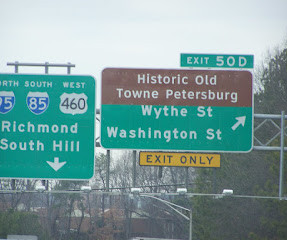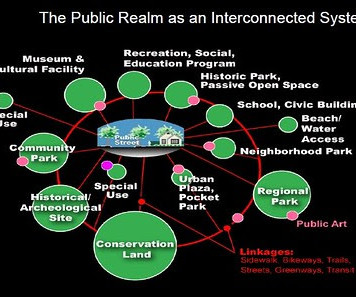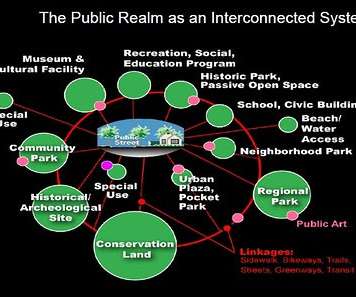Eastern Market DC's 150th anniversary last weekend | And my never realized master plan for the market
Rebuilding Place in Urban Space
NOVEMBER 14, 2023
I participated in a workshop on the plaza led by Project for Public Spaces and Scenic America in 2004 ( write up ). This was proposed a number of years ago for EM, first in the Barry Administration and then around 2012-2013, but the vendors fought it, with the support of now Mayor Muriel Bowser. Allow the sales of alcohol.











Let's personalize your content